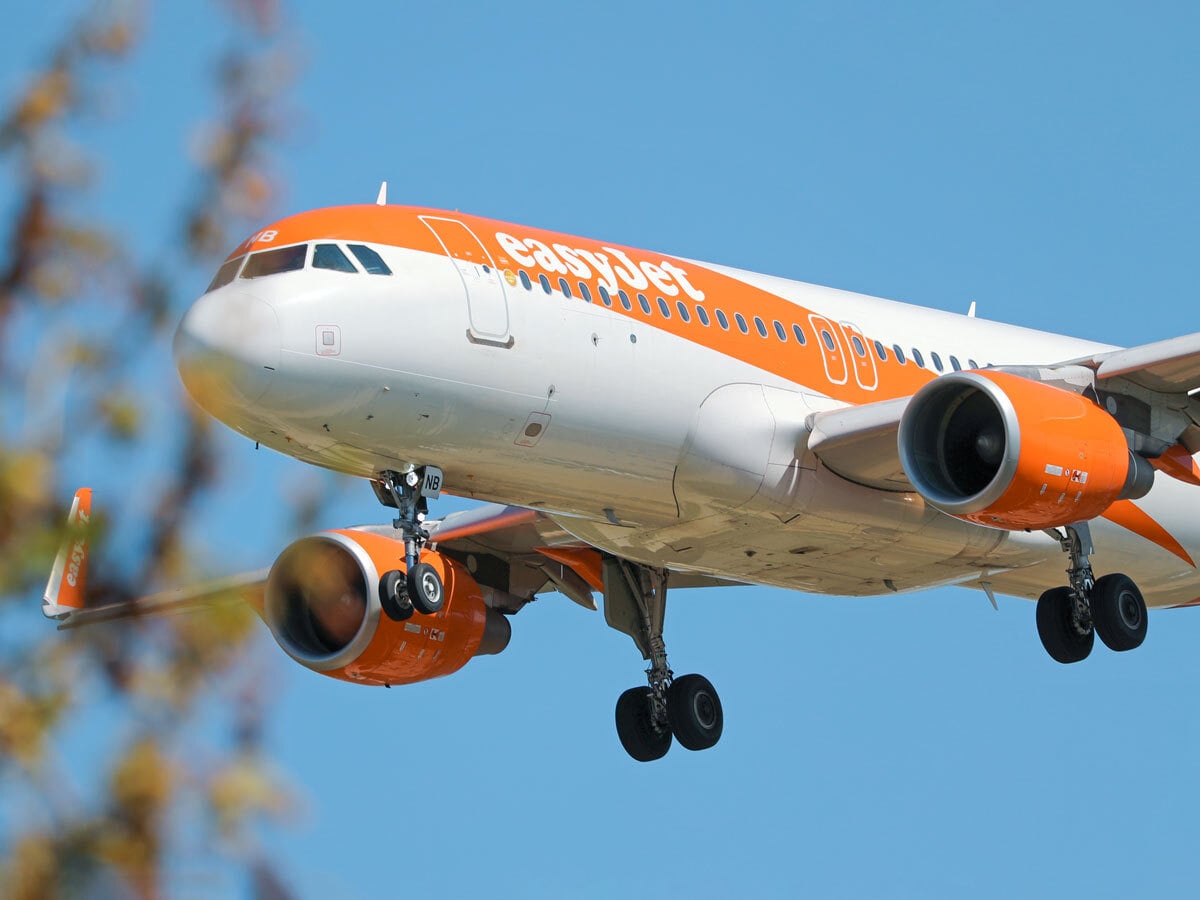
Despite announcing a return to profit, due to a record performance in H2 the easyJet share price has struggled to get back close to the levels it was trading at in April and May of this year, even though it is still up over 20% year to date.
The shares have also lagged Ryanair, whose shares are up 40% year to date, and have recovered back to their pre-Covid levels.
Since dropping to a 10-month low back in October easyJet shares have managed to see a modest rebound and are slightly higher in early trade with the budget airline confirming annual profit before tax of £455m, with easyJet holidays contributing £122m to that total.
The dividend has been restored with 4.5p a share confirmed to be paid in early 2024, which is 10% of the after-tax headline profit with the intention to grow that to 20% in 2024 and 2025.
Total revenues for 2023 rose 42% to £8.17bn, while costs grew by 30% to £7.7bn, driven by rising fuel costs as well as costs arising from the growth in easyJet holidays.
The load factor for 2023 rose to 89%, up from 86% in 2022 with the airline flying 82.8m passengers, a 19% increase. Airline revenue per seat rose to £79.84 a 21% rise on the year which fell slightly short of forecasts. This is well below the levels Ryanair has been able to achieve where load factors are at 93%
For 2024 easyJet remains optimistic, however the impact from events in the Middle East has prompted a modest reappraisal of the H1 outlook due to the suspension of flights to Israel, Jordan, and Egypt.
The easyJet holidays business is projected to see 35% growth in 2024 taking its UK market share to 7%.
Consequently, easyJet said it doesn’t expect to improve on the Q1 loss it experienced last year, however a pickup in the summer months next year is expected to offset a slow start to the year.
The airline is adding value across all its key areas with strong gains in ancillary revenue and average revenue per seat and will be looking to continue to improve on that in 2024.
Fuel costs for 2024 are 76% hedged for H1 and 51% hedged for H2.
Regarding new aircraft, the airline confirmed the order of 157 new aircraft from Airbus worth $20bn, between 2029 and 2034, with an option for 100 more.
All in all, today’s update was largely in line with expectations, however one can’t help feeling that the shares are underperforming when compared to its peers, but at least the restoration of the dividend is a sign that it has put its post Covid tribulations behind it.
Disclaimer: CMC Markets is an execution-only service provider. The material (whether or not it states any opinions) is for general information purposes only, and does not take into account your personal circumstances or objectives. Nothing in this material is (or should be considered to be) financial, investment or other advice on which reliance should be placed. No opinion given in the material constitutes a recommendation by CMC Markets or the author that any particular investment, security, transaction or investment strategy is suitable for any specific person. The material has not been prepared in accordance with legal requirements designed to promote the independence of investment research. Although we are not specifically prevented from dealing before providing this material, we do not seek to take advantage of the material prior to its dissemination.





















